Research Priority Areas
Co-Identified Ocean Literacy Research Priority Areas
Working Definition: Ocean Literacy Research is a transdisciplinary, cross-sector field of research which explores the diverse dimensions, drivers, influences, and impacts of initiatives aimed at strengthening human-ocean relationships. It seeks to understand how these aspects may vary in different social, economic, cultural, political, and geographic contexts and is inclusive of diverse voices, actors and ways of engaging with the ocean.

Measuring Ocean Literacy & Impact
Focusing on the design of tools to measure human-ocean relationships over time, to assess the effectiveness of existing initiatives, and inform the directions of future research.
QUESTIONS:
- How to measure ocean literacy dimensions?
- How to evaluate success of ocean literacy initiatives and approaches, as mechanisms for behavior and policy change?
- How can we effectively communicate and enhance the impacts of ocean literacy work?

Ocean Literacy & Climate Change
Considering the current and future impacts of climate change and how this might affect societal relationships with the ocean, and in turn, levels of ocean literacy in different communities.
QUESTIONS:
- How do we better understand and communicate the link between ocean and climate systems?
- How can ocean literacy empower communities to be more resilient to both local and global climate change?
- How can we use ocean literacy to help establish a systems-thinking approach to management and conservation?

Ocean Literacy & The Sustainable Blue Economy
Examining the (potential) alignment between ocean literacy
and the blue economy to bolster sustainable coastal economies,
foster 'ocean-literate' businesses, advance career development and literacy, and enhance positive impacts of blue economy initiatives.
QUESTIONS:
- How can the ocean literacy and blue economy agendas be better aligned to support sustainable coastal communities?
- How can ocean literacy be used as a tool to promote and attract talent to blue career opportunities in equitable and inclusive ways?
- What support do industry/ businesses need to become more “ocean literate”?
- How can ocean literacy research help vulnerable and marginal coastal people to look for sustainable livelihood solutions integrating protection mechanisms for coastal ecology?

Ocean Literacy as a Policy Tool
Considering how ocean literacy research can be positioned as a mechanism for policy change, feeding directly into decision-making through a better understanding of the science-policy interface and associated science diplomacy.
QUESTIONS:
- How can ocean literacy be operationalized to support specific policy outcomes across a broad range of policy areas (e.g., urban planning, marine spatial planning, waste management, marine protected areas, health, infrastructure)
- How can ocean literacy be used to ensure policy makers and practitioners improve their capacity to use and understand ocean data to influence communication, decision-making, and advocacy?
- How can we better integrate ocean literacy research into wider ocean governance?
Cross cutting theme

Equity, Diversity, and Inclusion: toward social-ecological justice
Placing equity, diversity, and inclusion, at the core of ocean literacy research; working toward social and ecological justice, encompassing power dynamics and various social, economic, political, ecological, and cultural factors.
QUESTIONS:
- How can ocean literacy become truly inclusive and equitable, across social, cultural, economic and geographical contexts?
- Whose voices and values are currently included in ocean literacy agendas and initiatives? Whose are missing?
- How can diverse actors across regions, sectors, and scales, work together to change society’s relationship with the ocean?
Copyright © Canadian Ocean Literacy Coalition 2025

